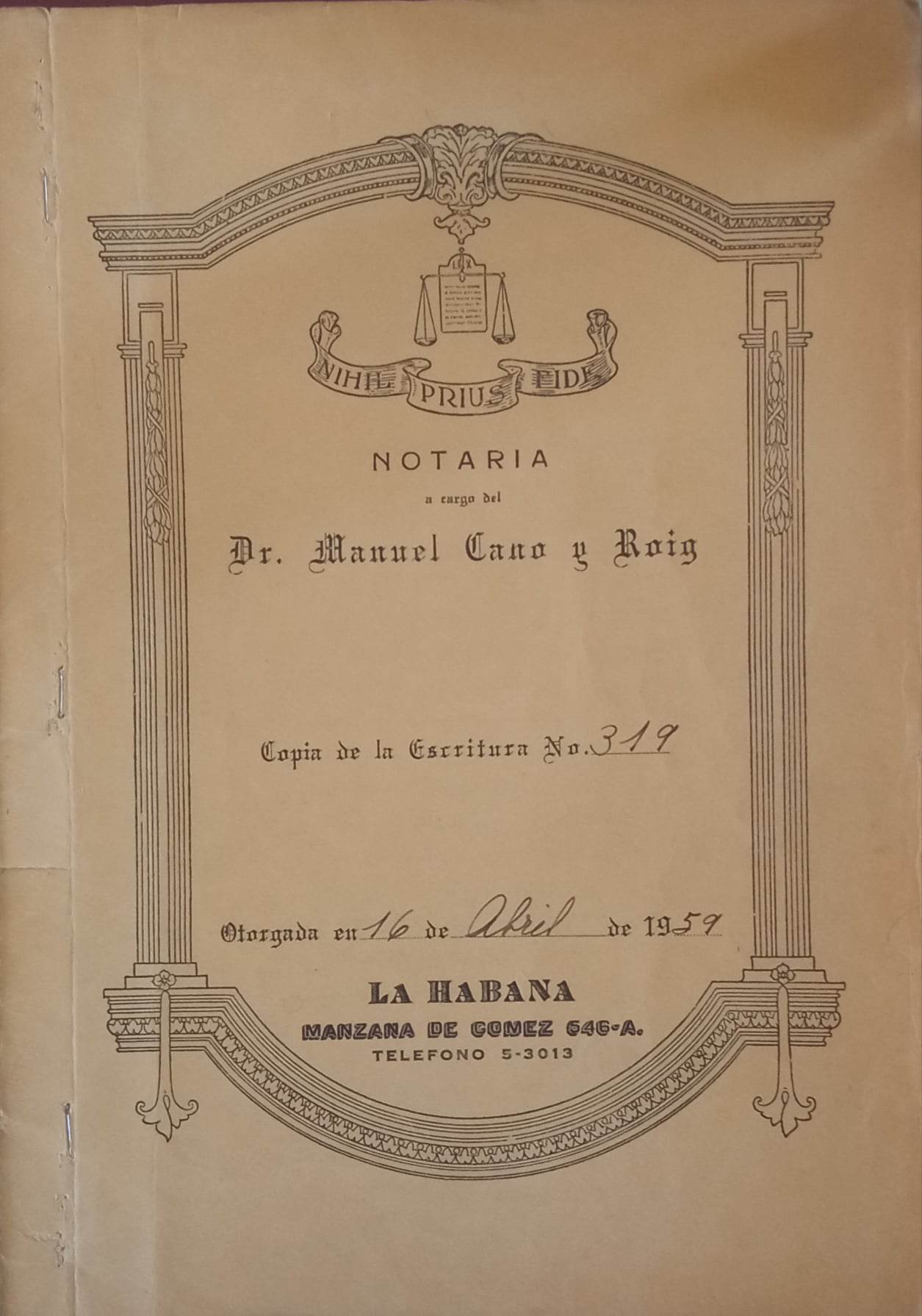By Ernesto Vera Mellado, Prensa Latina National Desk
The signing of the legal instrument on April 16, 1959, began the laborious path to defend the peoples’ struggles and their right to independence, sovereignty and self-determination.

To such irreverent audacity a month of life was given. The media hegemony of the large information transnationals was so overwhelming that the intention of amplifying the voice of popular causes seemed to be a challenge doomed to failure, according to some.
However, two months after that original action, Prensa Latina, described by Latin American journalists at the time as “the news agency that was needed,” transmitted its first news cable to the world under the acronym of “PL,” and with that encouragement it will celebrate its 64th anniversary on June 16, the date officially taken as its foundation.

Today, the news agency has offices in some 40 countries, mostly in Latin America, and transmits nearly 400 daily dispatches that mainly make up its world news service in Spanish, English, Portuguese, Italian, Russian and Turkish.
Prensa Latina also reaches its readers through publications such as Cuba Internacional, Orbe, Negocios en Cuba, The Havana Reporter and Correos de Cuba, while it works to take advantage of the possibilities of communication and information technologies to do its work more effective from a multimedia perspective.
Its close ties and work agreements with various news agencies and international press chains such as Sputnik, Al Mayadeen, TeleSur, AVN, HispanTV, VNA, and SANA, among others, contribute to breaking the media siege and spreading the Latin American and international reality from the perspective of the peoples and their aspirations.
This commitment, as well as the Cuban Revolution’s prestige and the commitment shared by its founders and followers, outstanding Latin American and Cuban intellectuals, currently drive the work of Prensa Latina workers, under the principle of serving truth.
A NEWS AGENCY TO FACE THE MEDIA WAR
The triumph of the Cuban Revolution on January 1, 1959, marked the need and, above all, the opportunity to break the hijacking of truth by mainstream media, and confront the media war organized by and directed from the United States against Cuba and its process of changes.
The big information corporations’ fallacies and misrepresentations, which began even before the rebel triumph over the tyranny of Dictator Fulgencio Batista (1952-1958), were intensified during the trials of war criminals and torturers, front men for the previous regime who were responsible for atrocious bloody acts.
In this context, the Revolutionary Government summoned nearly 400 journalists from the continent to travel to Havana to verify the campaigns of slanders and lies about the Cuban reality, an action that was nicknamed Operation Truth.
During that meeting, the historic leader of the Revolution, Fidel Castro, noted the imperative for the peoples of Latin America to have a news agency to disseminate their situation, which was manipulated, silenced and slandered by the large information transnationals.
With the encouragement and support of Fidel Castro and Argentinean-Cuban Guerrilla Commander Ernesto Che Guevara, a group of journalists set about organizing the founding of the Latin American News Agency, Prensa Latina.
Among them were Gabriel Garcia Marquez, Carlos Maria Gutierrez, Rodolfo Walsh and Aroldo Wall, as well as Argentina’s Jorge Ricardo Masetti (the first general director of the news agency), together with a group of experienced Cuban professionals such as Angel Augier, Francisco Portela, Angel Boan Acosta and Gabriel Molina.
From then to date, several generations of Prensa Latina professionals have been eyewitnesses, sometimes alone and under complex circumstances, as well as objective disseminators of facts that have become milestones in the historic evolution of Latin America and other regions of the world, and they honor daily the work of the news agency that was and is still needed.
jg/arb/evm










